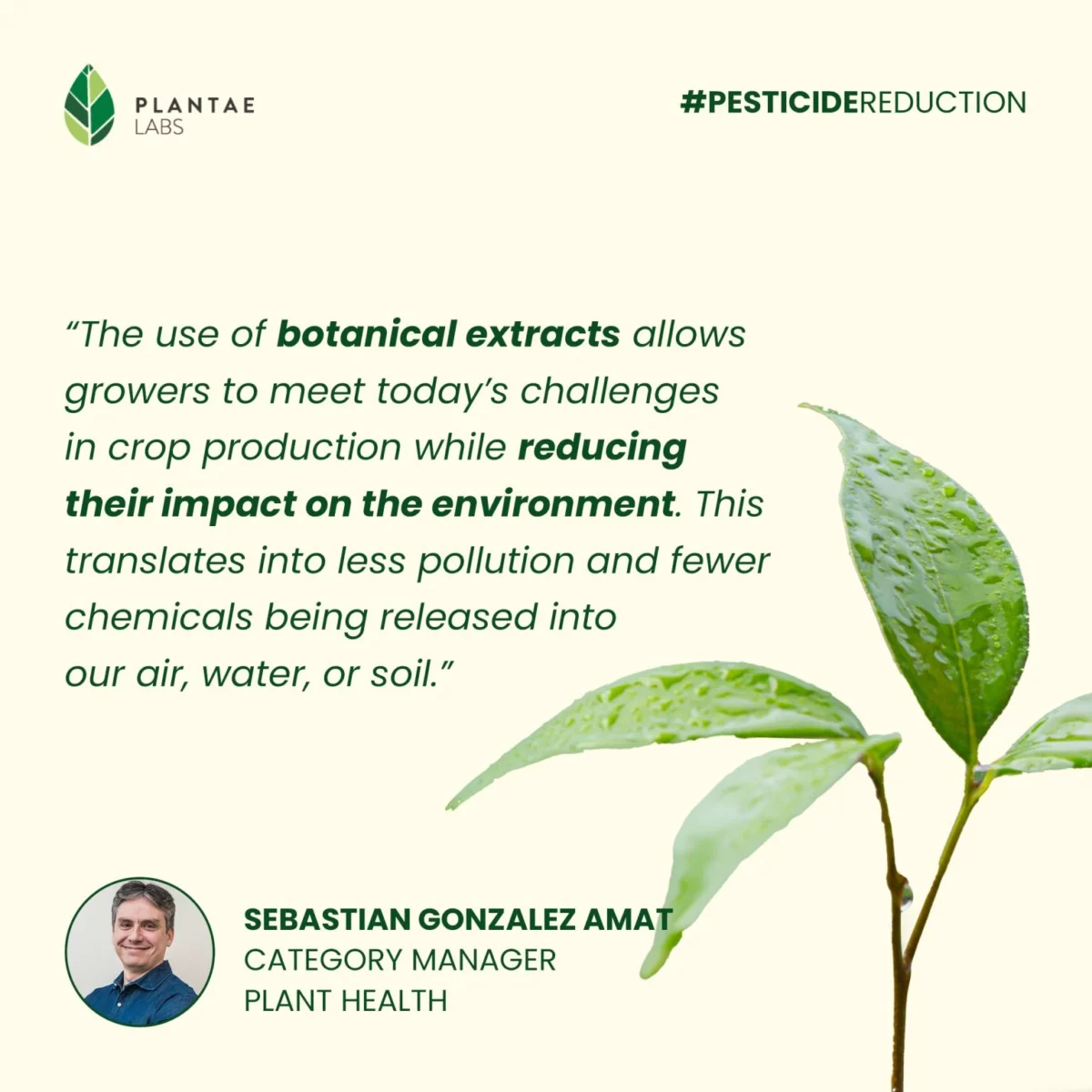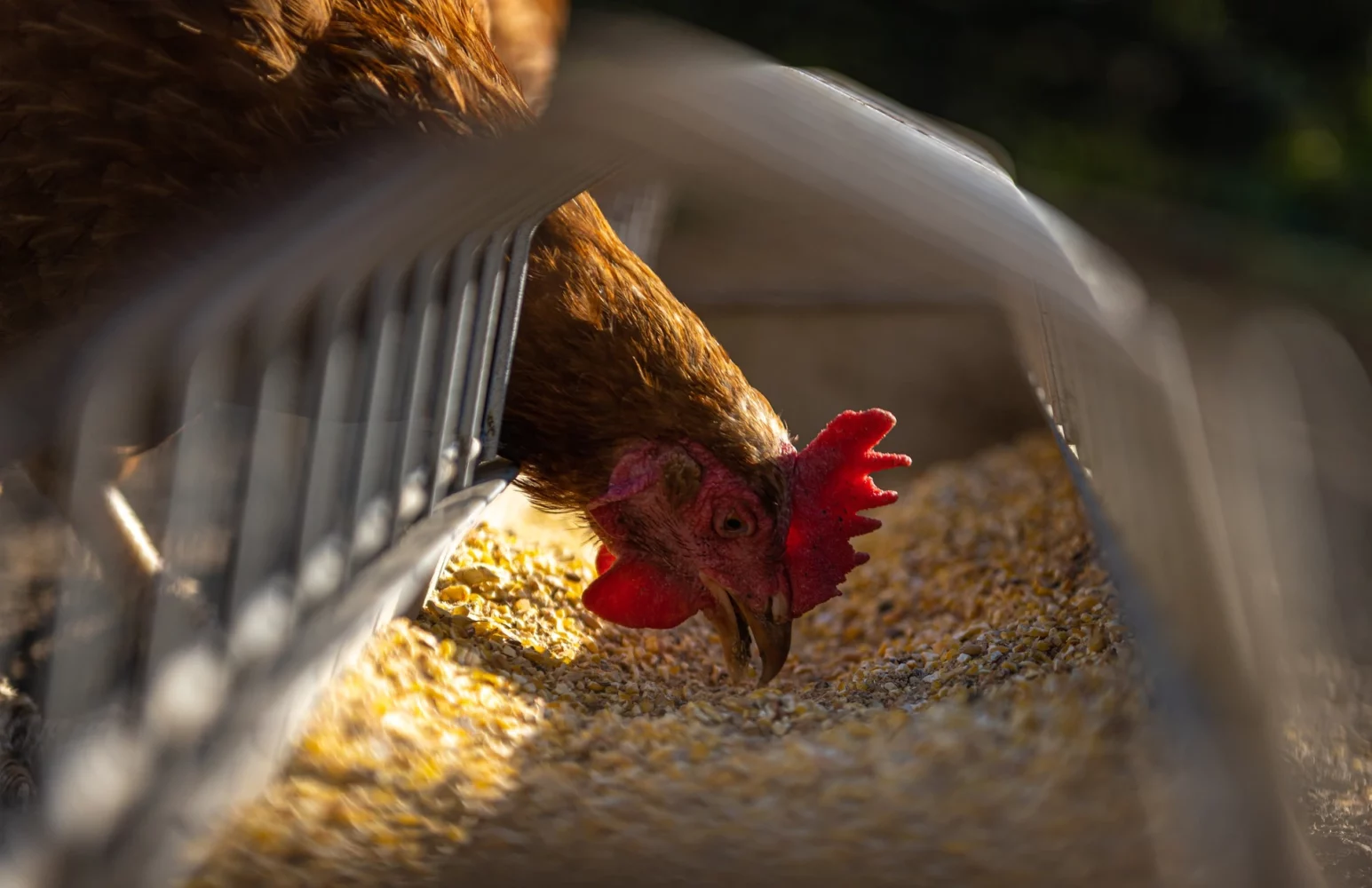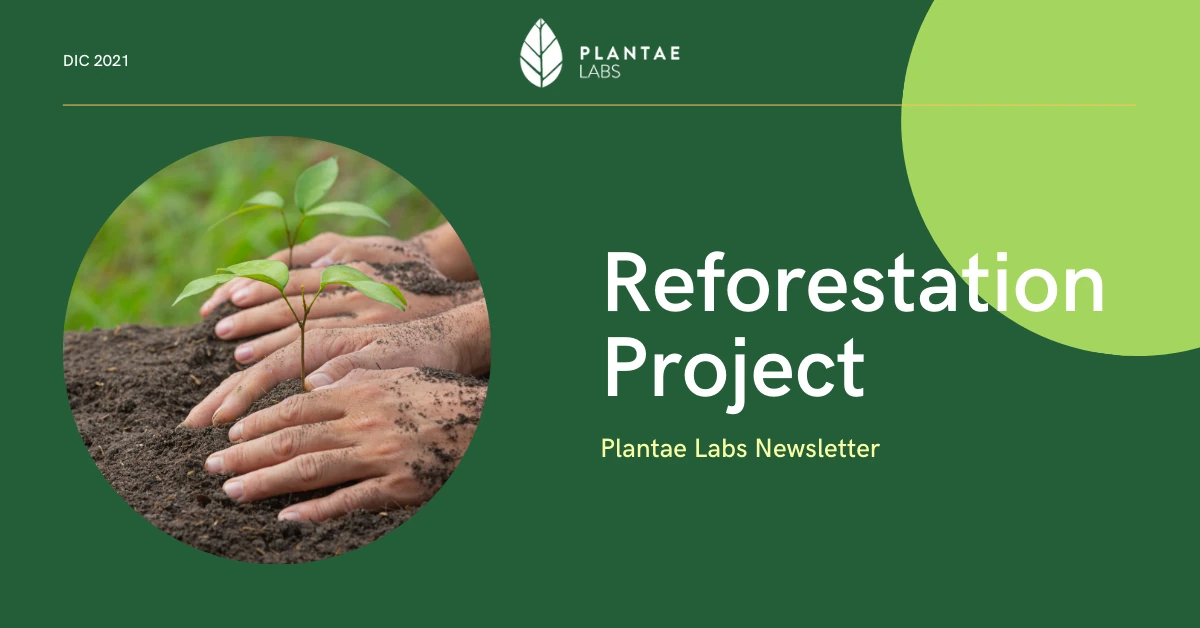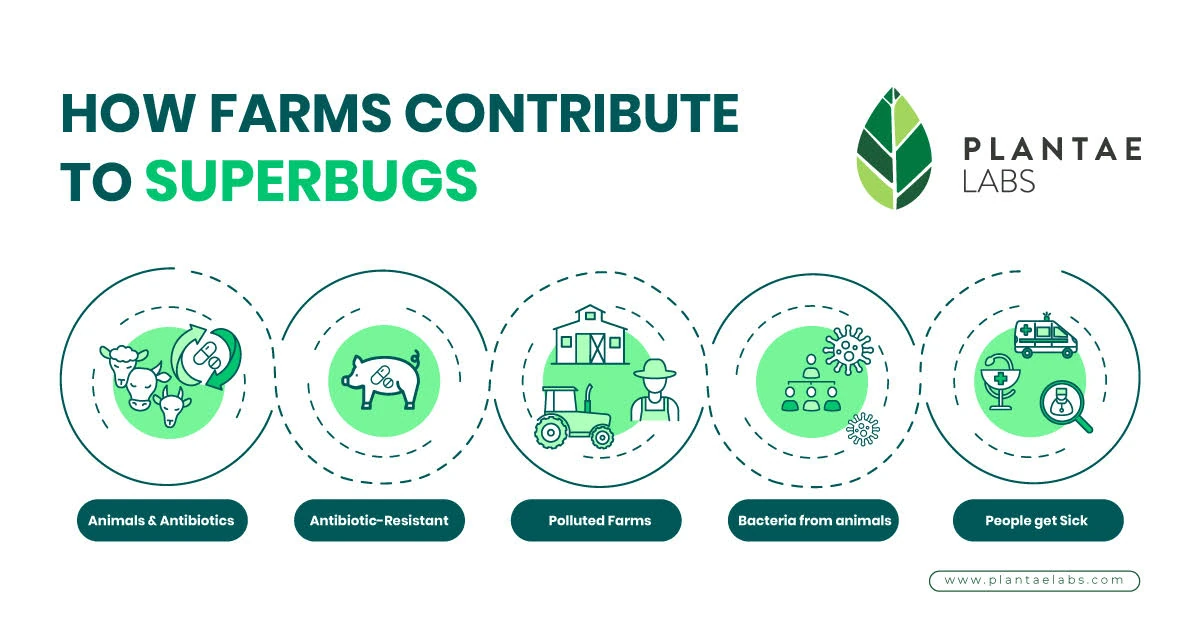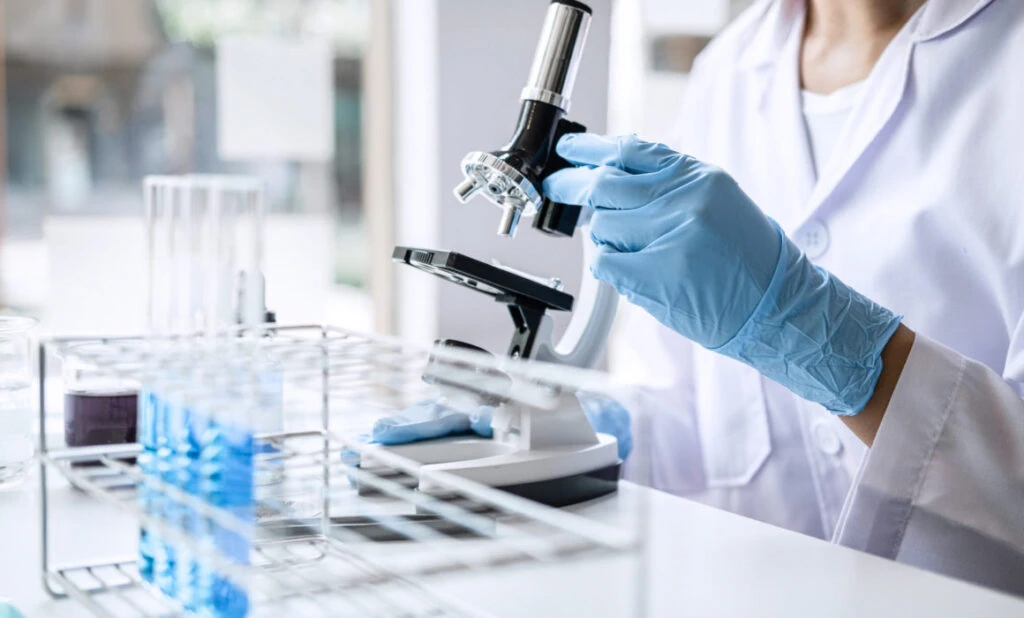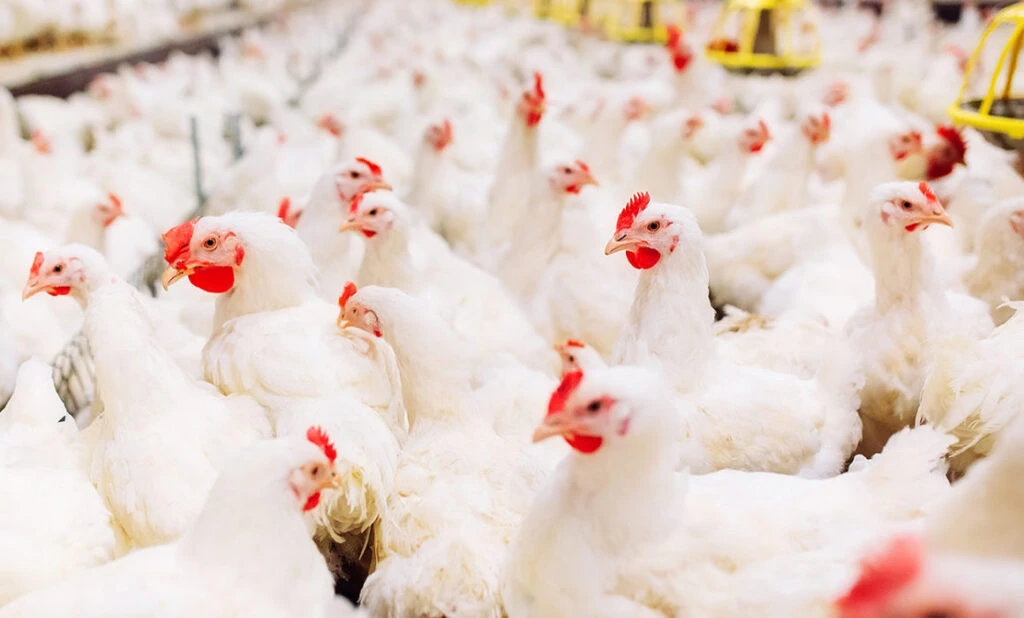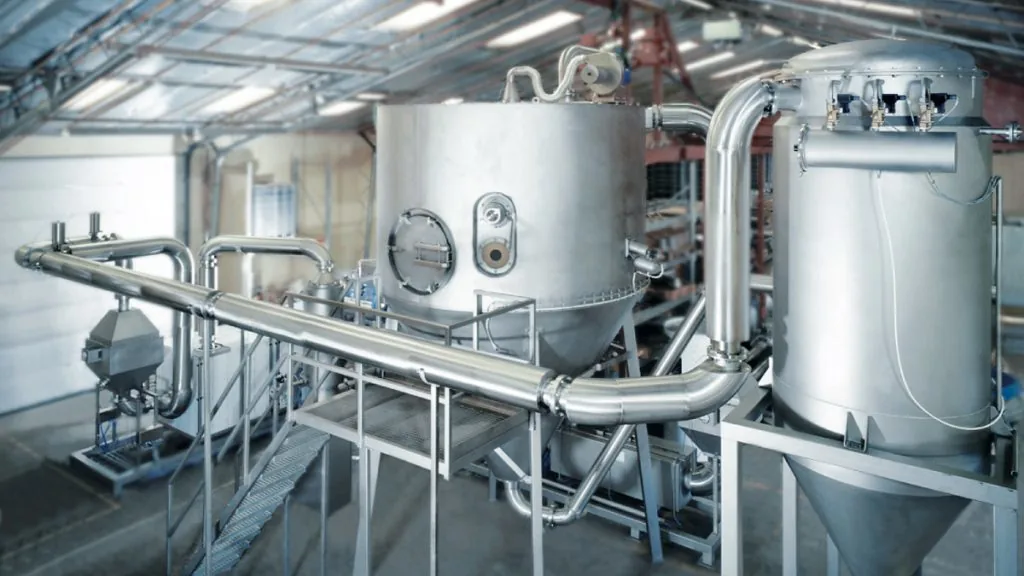-
February 22, 2024 Scientific Insights: The Role of Q-Active in Wheat Seed Germination at Day 7Discover the data from our comprehensive study on Q-Active’s association with wheat seed germination. Conducted...
-
May 31, 2022 Botanical extracts in agricultureby Sebastián González Amat, Mayo 2022What is the role of plant extracts in agriculture?Plant extracts...
-
March 21, 2022 New standards that limit the use of antibiotics in animals in the EUIn January of this year (2022), the European Union (EU) began to implement new legislation...
-
December 17, 2021 REFORESTATION PROJECTCaring for the forest and the local communitiesBy PLANTAE LABSAt Plantae Labs we are fully...
-
September 30, 2021 HOW FARMS CONTRIBUTE TO SUPERBUGSThe problem of antibiotics in the animal industry. People and animals share many things, such...
-
September 20, 2021 CONSTRUCTION OF NEW OFFICES, LABORATORIES AND FORMULATION PLANT IN SANTIAGO. OPENING IN DECEMBER 2020Plantae Labs acquired its facilities in Santiago in June 2019. The offices and quality control...
-
September 13, 2021 IN MAY 2020 PLANTAE LABS INAUGURATED ITS ANIMAL RESEARCH CENTER IN SANTIAGO, CHILE.To speed up the development of new solutions for the feed market, Plantae Labs, together...
-
August 27, 2021 NEW FACTORY FOR DRY PULVERIZED BOTANICALS POWDER PRODUCTION IN SOUTHERN CHILE.New Generation of Quillaja extract formulations with demonstrated efficacy in real conditions. Our products enable...

